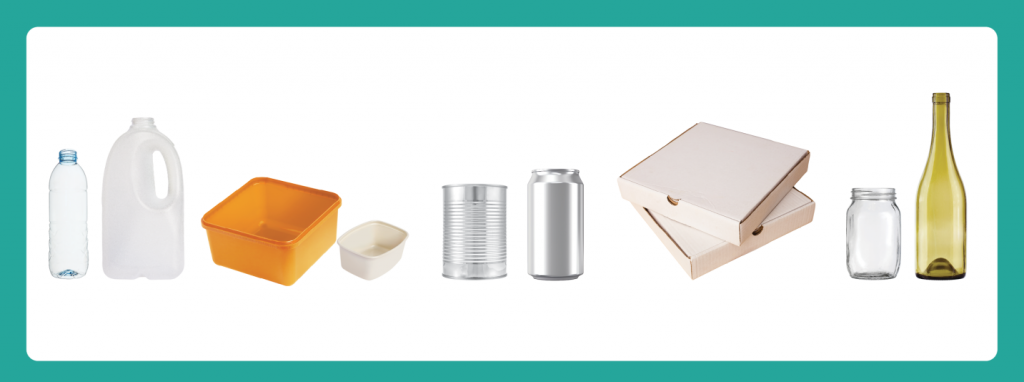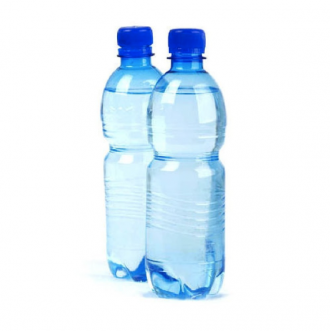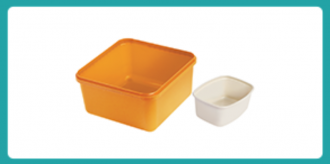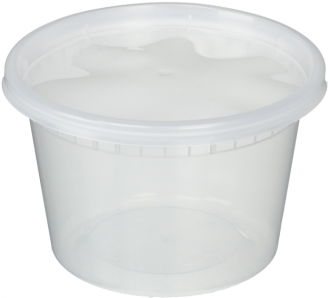Kawerau operates within New Zealand’s standardised recycling rules, adopted by the government in 2023. The aim of this national recycling standard is to make it easier for people to understand and utilize kerbside services across the country and to increase the quantity and quality of the materials collected by reducing contamination.
What can I recycle?
- Tins and Cans- before recycling please rinse dirty food tins to get rid of the remaining food, drain liquid from drink cans. If they look clean you don’t need to rinse them and if possible leave the lids attached to your tins so they can be recycled too.
- Glass Bottles and Jars- Clear, brown and green glass bottles and jars can be recycled. Remove the lid and rinse them to get rid of any remianing food.
- Paper and Cardboard- including pizza boxes (remove food scraps first), newspaper, magazines, office paper, envelopes (you can include those that have a window) and greeting cards (without glitter).
- Plastic grades 1, 2 and 5 are recyclable and can be placed in your recycling crate. Look for a triangle (usually on the bottom) with a number in it. If you see a triangle with a number 1, 2 or 5 in it, pop it in the crate. Please clean any products from your plastics before placing them in the crate. All other plastics need to be put into your refuse bin.

Know your recyclable plastics
Only plastic types 1, 2, and 5 can be recycled in Kawerau. These are high-value plastics, such as milk bottles and soft drink bottles, which can be easily recycled and turned into other valuable products.
Plastic types 3, 4, 6, and 7 are low-value plastics that are frequently contaminated and are more challenging to recycle and make into a new product. These plastics should be avoided, reused, or put into the refuse (residual rubbish) bin.
Look for the triangle on a plastic container to see its type. If it is numbered 3, 4, 6 or 7 or has no number, then it is non-recyclable and should go into the rubbish bin.
Number 1. PET (Polyethylene Terephthalate)
Number 1 PET is one of the easiest plastics to recycle and, therefore, the most valuable.
PET is mostly soft drinks and water bottles - clear and coloured bottles - in a range of sizes. Other uses of PET include cleaning containers, personal care bottles, some meat trays, punnets for berries and tomatoes, and plastic clam shells for muffins and baked goods.
Check the recycling triangle to see if your plastic container is number 1. If it is, add it to your green recycling crate.
Number 2. HDPE (High-density polyethylene)
Like PET, number2 HDPE is also easily recyclable.
In the household setting, HDPE is mostly used for dairy containers such as milk and cream bottles, and SOME ice-cream containers, juice bottles, shampoo, cleaning, and detergent bottles.
Check the recycling triangle to see if your plastic container is a number2. If it is, add it to your yellow mixed recycling bin.
Number 5. PP (Polypropylene)
PP is a hard but flexible plastic with a waxy surface that is versatile and easy to recycle.
In the household setting, number 5 is used for a wide range of food packaging such as margarine containers, some yoghurt containers, takeaway containers, ice cream containers and dips. This packaging comes in many colours, including clear, black, and white.
Check the recycling triangle to see if your plastic container is a number 5. If it is, add it to your green recycling crate.
Plastic items should always be carefully checked for a recycling number before they are put into your recycling bin. Unfortunately, there are no fixed rules on what is and is not a specific plastic type; e.g., one yogurt manufacturer could use plastic number 5 for their packaging, while another could use number 6.
TRIGGERS AND PUMPS
Some number 1 and number 2 containers have a trigger or a pump. Triggers and pumps are generally manufactured from plastics different from the bottles they are fitted to and often have a metal spring. They, therefore, cannot be recycled and should be put into your rubbish bin.
For more information about what you can recycle.
Here is a snapshot of what we can no longer accept from 1st February 2024:
1. Aluminium foil or trays
These are likely to be contaminated with food and are a low-value material to metal recyclers.
2. Aerosols (like fly spray or spray deodorant)
Due to their low value to metal recyclers and the potential danger to our staff (they could get popped in the collection process!).
3. Lids
Due to their small size, they fall through the sort line machinery and are unlikely to make it to their end destination of being made into a new item. Some lids are made of mixed materials – like a metal outer and plastic liner - and sometimes the lid is a different type of plastic to the bottle or container.
This new rule is also expected to reduce liquids like curdled milk ending up along the sort line, which is staffed by our local team. We hope there will be industry-led community collections for these minor items soon.
4. Small plastics or papers
These are just too small to be sorted and baled. For containers, please do not put something smaller than a hummus pottle in your green recycling crate, and when it comes to paper, nothing is smaller than a Post-it note.
5. Large plastic or metal cans
Anything over 4 litres, like giant water dispensers or large olive oil tins, cannot be recycled kerbside. Contact the supplier to see if they accept these back in-store.
Nothing else has changed for us in Kawerau with our recycling - it is still the same day, time, bins, and frequency.
Most of us are brilliant recyclers, so we hope you help us by keeping lids, aerosols, tin foil and baking trays out of your kerbside recycling from 1st February 2024.


